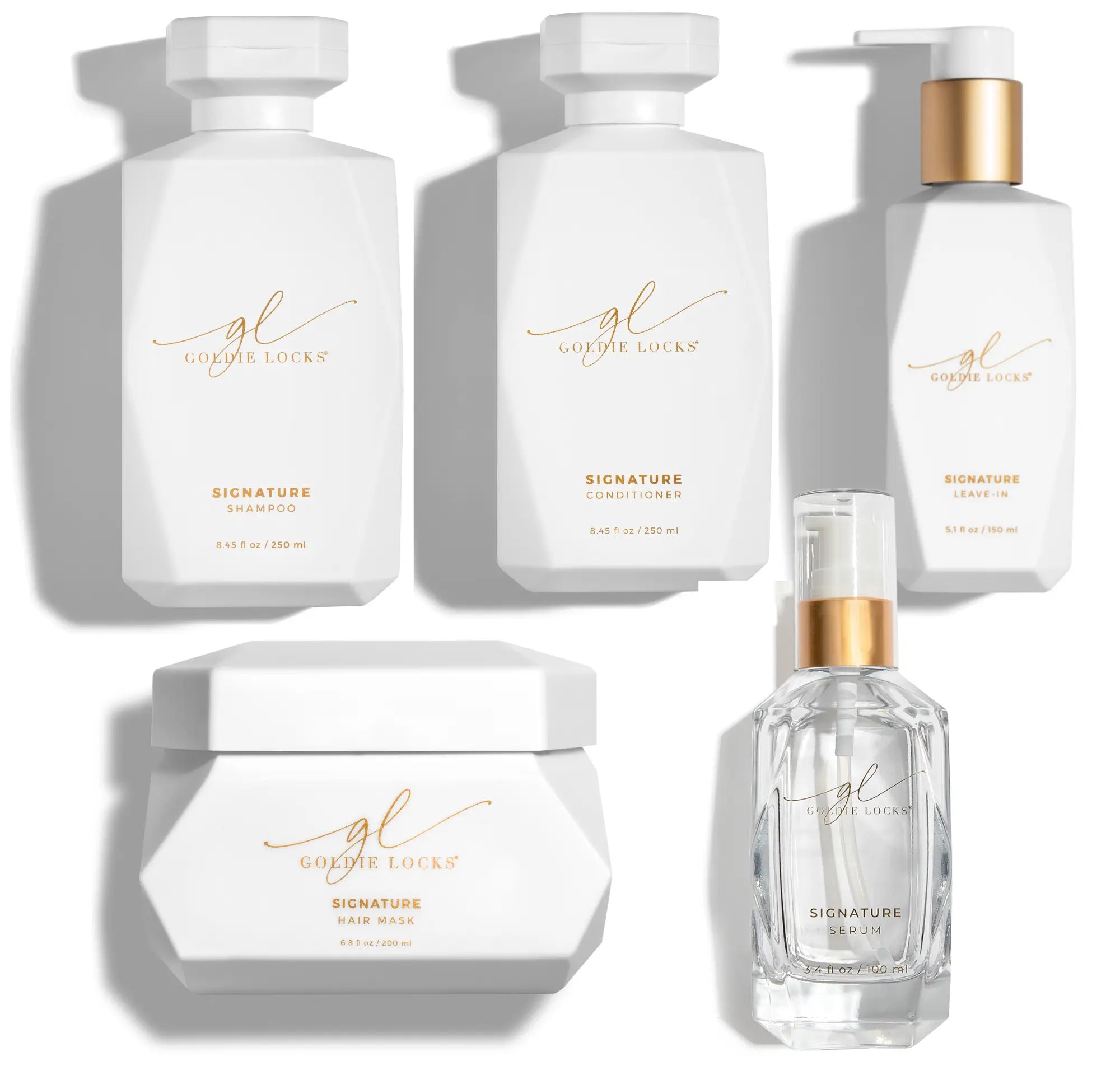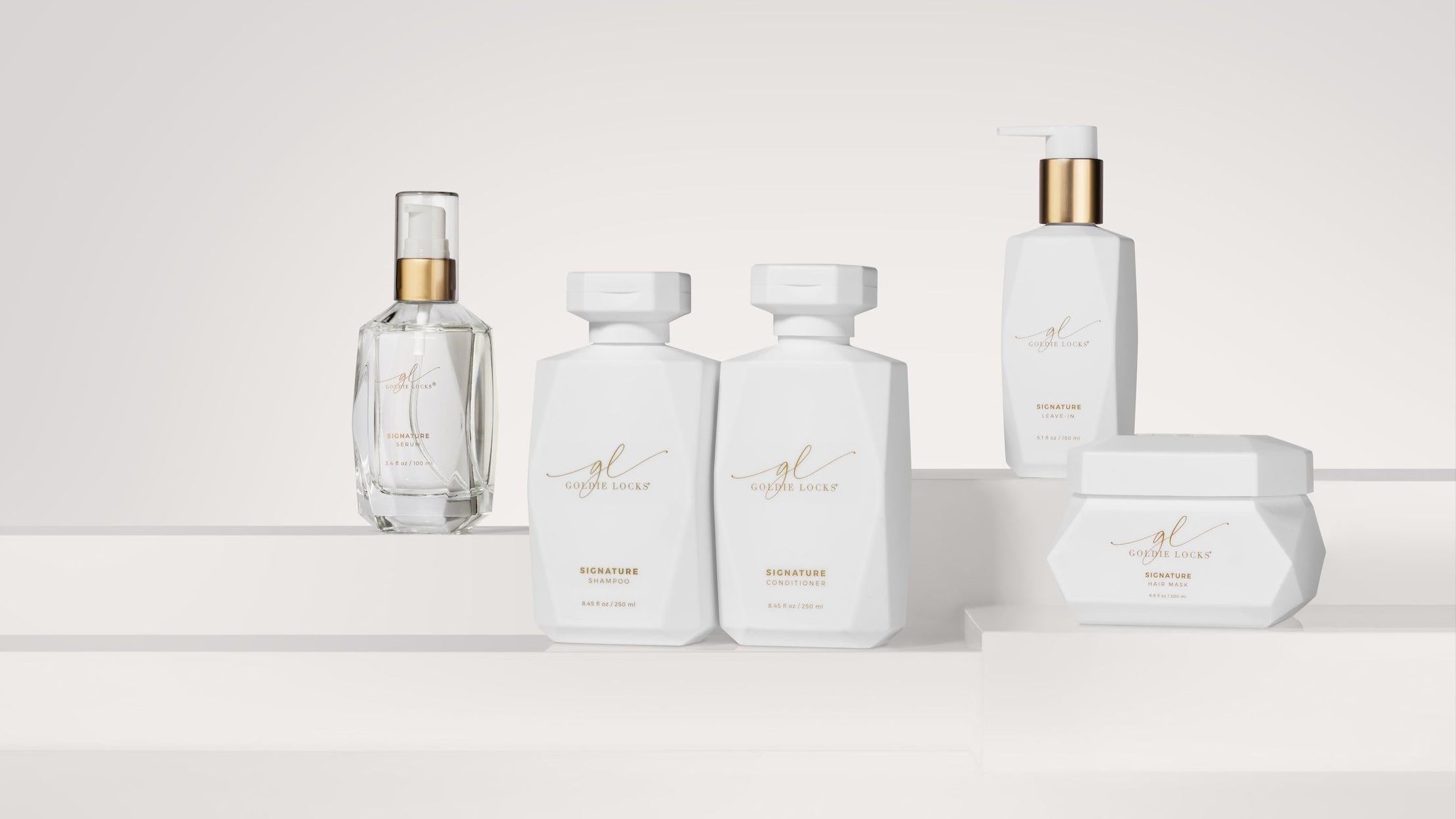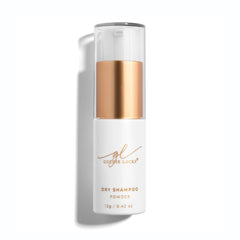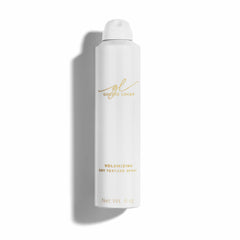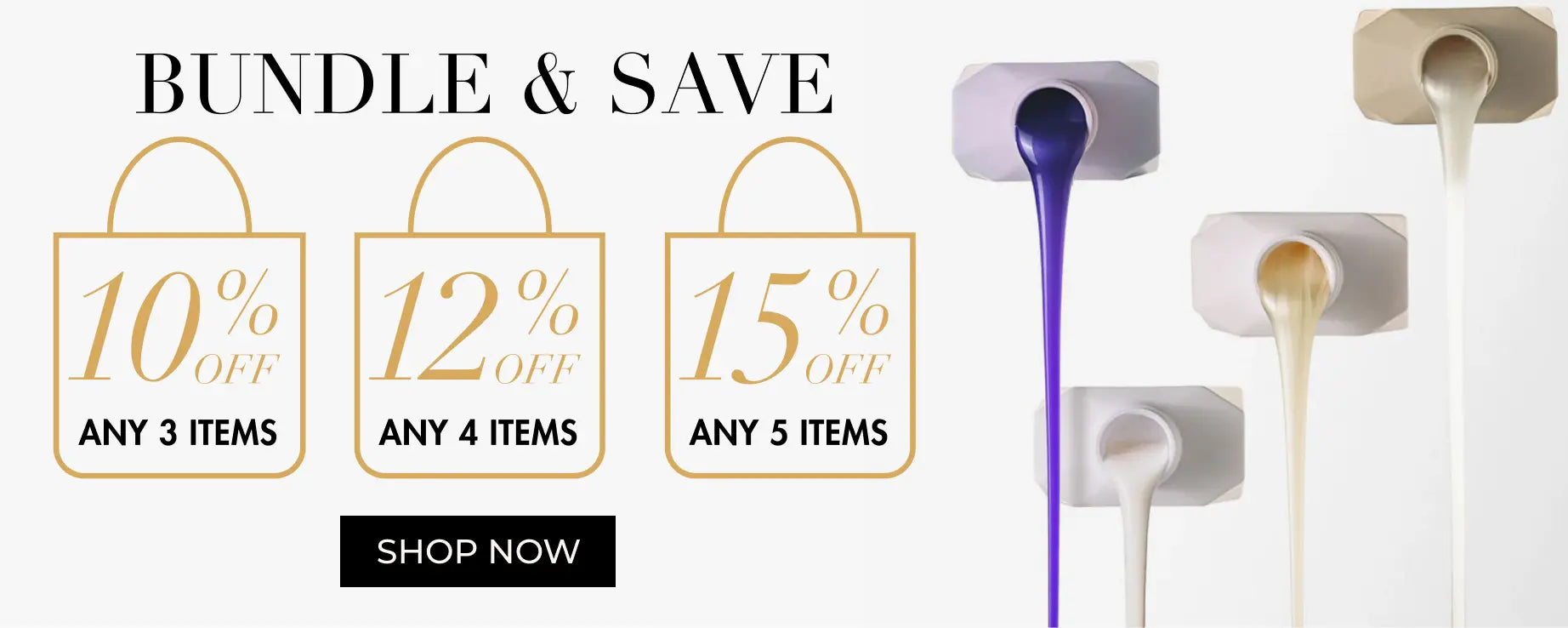Experiencing flakiness and itchiness? These symptoms may point to either dry scalp or dandruff, as the two often look similar. However, their causes are quite different: dry scalp results from lack of moisture, while dandruff is usually triggered by excess oil and an overgrowth of yeast on the scalp.
Read on to learn the key differences between the two, how to determine which condition you're experiencing, and the most effective treatment options to restore your scalp’s health.
Index
What Is Dandruff vs Dry Scalp?

A dry scalp occurs when the skin on the scalp doesn’t produce enough natural oil. This can lead to itching, flaking, irritation, and is often accompanied by small, dry flakes and dry hair.
If you have dry skin, you’re more likely to experience a dry scalp as well. Common causes include:
- Dry air
- Excessive hair washing
- Underlying skin conditions, such as eczema
Research shows that dandruff’s main cause is seborrheic dermatitis. This condition turns your skin oily, red, and scaly, and is often triggered by an overgrowth of Malassezia yeast, meaning there is a close relationship between the presence of certain scalp fungi and dandruff.
Dandruff Flakes vs Dry Scalp Flakes

One way to distinguish between dry scalp and dandruff is by the flakes: dry scalp flakes tend to be small, dry, white, and powdery, while dandruff flakes are usually larger, greasy, and sometimes yellowish in color.
In general, flakes are more likely to be caused by dandruff if:
- The scalp feels oily
- There is persistent itching, even without a feeling of dryness
- The hair appears greasy or unwashed
Causes of Dry Scalp vs Dandruff

When your scalp has too little moisture, the skin can become dry, irritated, and begin to flake off.
A dry scalp can be triggered by:
- cold, dry air
- hot water
- eczema
- age
- psoriasis
The main cause of dandruff is seborrheic dermatitis, and this can be due to:
- age
- hormonal changes
- stress
- underlying medical conditions
- improper hair care routine
Dandruff vs Dry Scalp Treatment

It's important to treat your scalp based on whether you're experiencing dry scalp or dandruff, as the causes and the remedies are different.
For Dry Scalp:
- Use a gentle, moisturizing shampoo and hydrate the scalp with natural ingredients like aloe vera or coconut oil.
- Gently massage the scalp when washing your hair to help loosen flakes without causing further irritation.
- Avoid long, hot showers, which can strip the skin of moisture and worsen dryness and itching.
- Reduce the frequency of hair washing to preserve the scalp’s natural oils.
- Protect your scalp from cold, dry weather, which can contribute to dryness and flaking.
For Dandruff:
- Use a medicated anti-dandruff shampoo containing active ingredients like Ketoconazole, Selenium sulfide and Pyrithione zinc. These help reduce flaking, calm inflammation, and target the yeast associated with dandruff.
- Cleanse your scalp regularly to manage oil buildup and reduce the accumulation of dead skin cells and product residue.
Make some lifestyle adjustments:
- Eat a balanced diet rich in vitamins and minerals (especially zinc and B vitamins).
- Manage stress, which is a known trigger for dandruff flare-ups
If your dandruff does not improve with over-the-counter treatments, consult a dermatologist or healthcare provider for a personalized treatment plan.
Dandruff vs Dry Scalp Shampoo
To effectively treat a dry scalp, the goal is to restore moisture and prevent further dehydration:

Goldie Locks® Signature Shampoo will gently cleanse and nourish hair, while soothing irritation and dryness from the scalp.

Goldie Locks® Signature Conditioner is designed to deeply hydrate and fortify and strengthen hair strands while preventing damage.
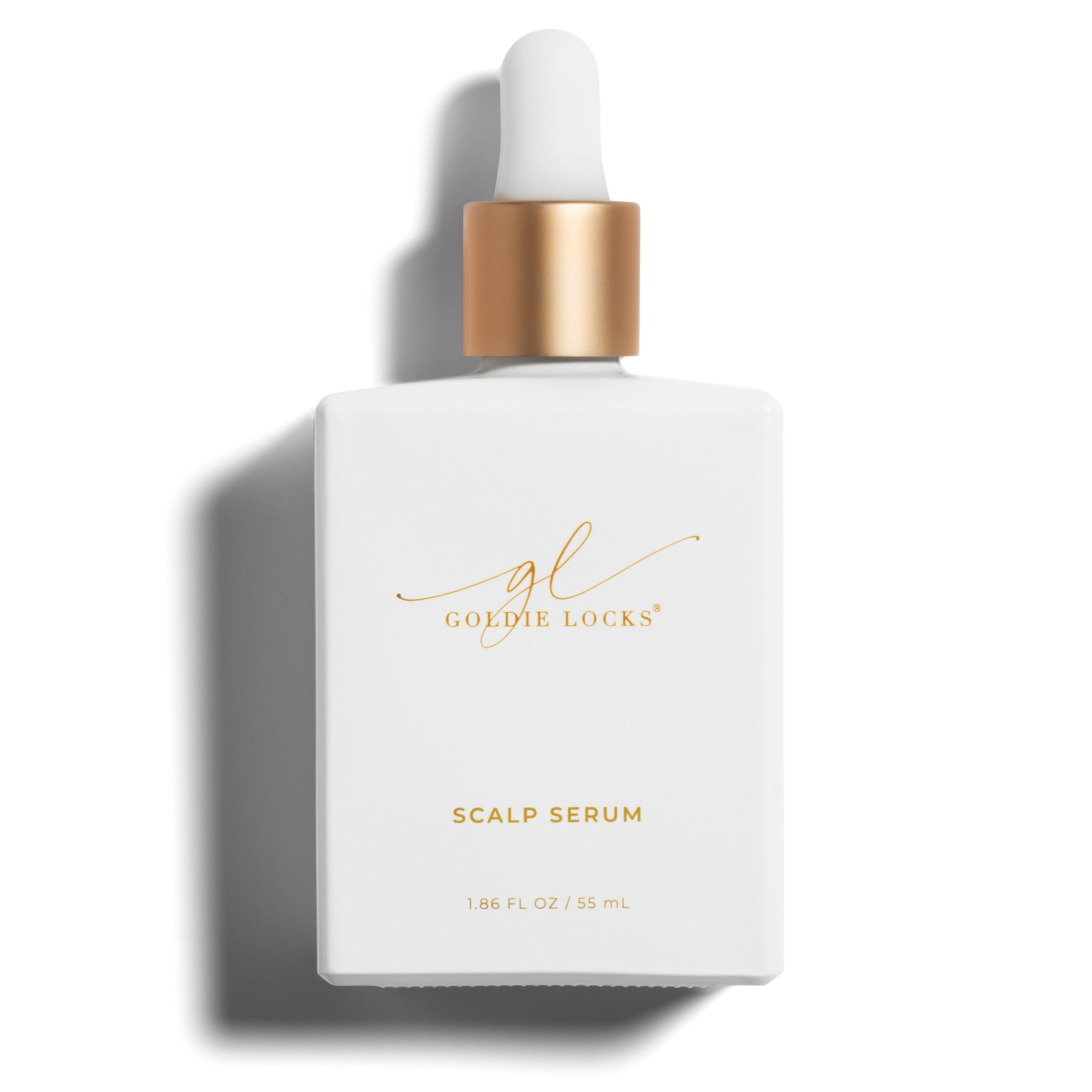
Goldie Locks® Scalp Serum is formulated to nourish the skin on your scalp, improving hydration and supporting healthier hair growth.

Goldie Locks® Signature Leave-In Conditioner helps lock in moisture, offering nourishment, hydration, and protection from dry cold weather.
To treat dandruff, focus on addressing its underlying causes: excess oil and fungal overgrowth.
- Use medicated shampoos 2–3 times per week, and alternate with a gentle, non-medicated shampoo to avoid overdrying the scalp.
FAQs
How Do I Tell if I Have Dandruff or Dry Scalp?
Notice the flake size, color and texture: dry scalp flakes are usually small, white, and dry, while dandruff flakes are larger, oily or yellowish, and may clump together.
If you have an oily, irritated and red scalp, you probably have dandruff. A dry scalp feels tight, dry, itchy and you might notice dry skin elsewhere (like your legs or arms).
How to Get Rid of a Dry, Flaky Scalp?
Using a coconut oil or aloe vera gel treatment can help get rid of a dry, flaky scalp. They soothe irritation and provide hydration.
Use
Will Dandruff Shampoo Help Dry Scalp?
Dandruff shampoo can worsen a dry scalp, as it’s formulated to reduce excess oil. This can strip the hair and scalp of their natural oils, leading to increased dryness, irritation, and flaking.
Final Thoughts
Although dandruff and dry scalp may appear similar, treating them incorrectly won’t relieve symptoms and may even increase irritation and dryness.
With a dry scalp the key is to replenish moisture without stripping the scalp of its natural oils. Dandruff is caused by excess oil and fungal overgrowth, which requires medicated shampoos with active ingredients to effectively reduce flakes and inflammation.
By understanding the root causes and learning to distinguish between the two conditions, you can choose the right treatment and find relief from your itchy, flaky scalp.


